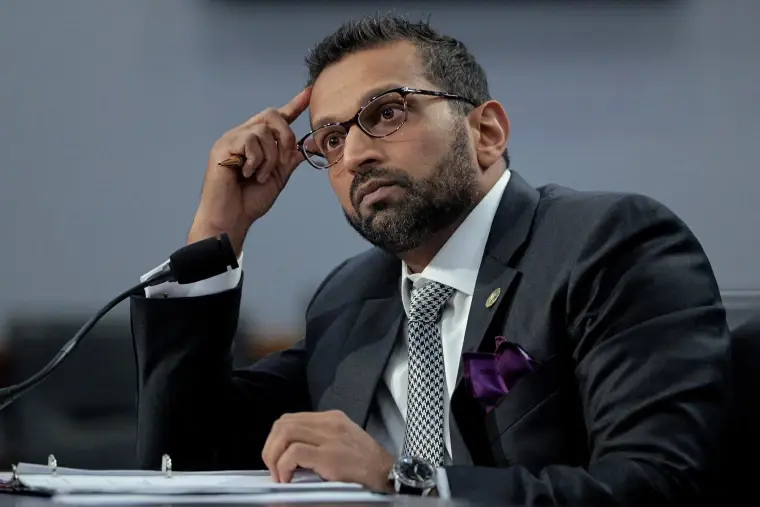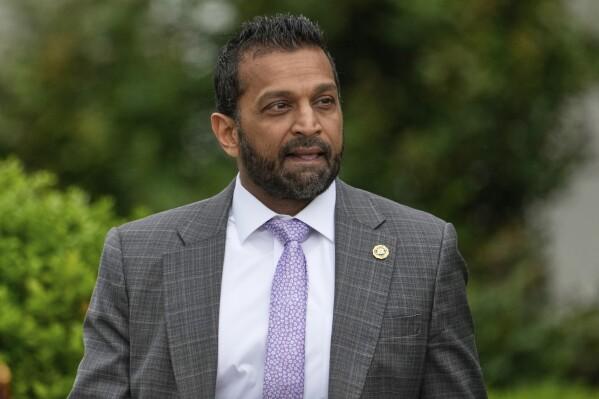The recent arrests of judges, led by FBI Director Kash Patel, have ignited fierce debate over whether these actions represent bold justice or dangerous overreach. The arrest of Milwaukee County Circuit Judge Hannah Dugan on April 25, 2025, for allegedly aiding an undocumented immigrant’s evasion of ICE agents, exemplifies the controversy. As FBI Director, Patel’s aggressive stance raises questions about law enforcement’s role in confronting judicial conduct, leaving many to ponder where they stand.

Dugan’s arrest stemmed from her alleged use of a jury door to help Eduardo Flores-Ruiz avoid ICE agents, as detailed in an FBI affidavit. Patel announced the arrest on X, accusing Dugan of endangering the public. Another judge, former New Mexico magistrate Joel Cano, faced similar charges for allegedly harboring gang members. Supporters, including Attorney General Pam Bondi, argue these arrests uphold federal law, targeting judges who obstruct immigration enforcement. On X, voices like @DineshDSouza hailed Patel’s actions as a stand against “activist judges” undermining national security. The Justice Department’s January 2025 directive to probe state officials obstructing federal functions supports this view, framing the arrests as necessary to enforce accountability.
Critics, however, see a dangerous precedent. Over 150 former judges condemned Dugan’s arrest as an attempt to intimidate the judiciary, threatening its independence. Dugan’s attorneys argue she acted within her judicial role, and her courthouse arrest—coupled with Patel’s now-deleted X post of her in handcuffs—drew ire. Former Attorney General Eric Holder called the post a violation of DOJ policy, while X users like @ArtCandee labeled the arrests “fascist.” Critics point to Patel’s broader conduct, including alleged misuse of FBI resources, as evidence of politicized overreach. The lack of pre-arrest dialogue with Dugan fuels claims of a rushed, politically driven agenda.
The arrests highlight tensions between federal and state powers, particularly over immigration. State judges like Dugan often prioritize local safety, clashing with federal priorities. Patel’s “Operation Restore Justice,” targeting serious crimes, shows his enforcement zeal, but his inflammatory rhetoric—vowing to “hunt” criminals—raises concerns about due process. A 2019 Massachusetts judge’s indictment for similar obstruction set a precedent, yet the current scale feels unprecedented, amplifying fears of eroded judicial trust.
Where should you stand? If you value strict immigration enforcement and federal authority, Patel’s actions may seem like bold justice, ensuring no one, not even judges, is above the law. However, if you prioritize judicial independence and fear politicized law enforcement, the arrests may appear as dangerous overreach, risking democratic norms. The truth likely lies in balancing accountability with restraint—judges must respect federal law, but arrests should follow clear evidence and due process, not public spectacle. As evidence unfolds, particularly at Dugan’s May 15 hearing, your stance may solidify, but skepticism of both sides’ motives is warranted for now.






